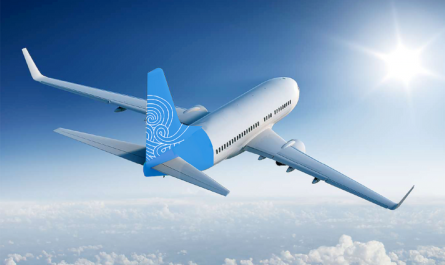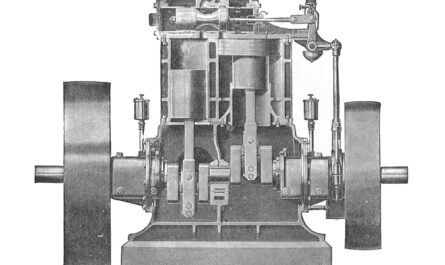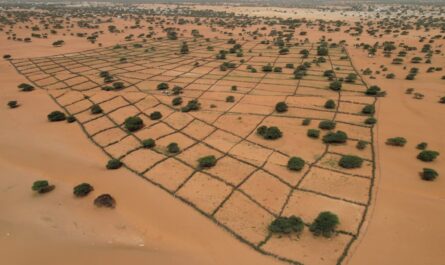History and Uses of South Korea Bovine Serum Albumin Market
Bovine serum albumin (BSA) is a serum albumin protein isolated from cows that has been used commercially in South Korea since the 1970s. As an economically important livestock product, BSA has a long history in the country’s agriculture and biotech industries. Some key background:
– Bovine albumin was first purified in crystal form in 1943 and its structure was characterized, establishing it as an important research tool in biochemistry and cell culture. South Korean scientists began adopting these techniques in the following decades.
– In the 1970s, as South Korea’s economy rapidly industrialized, demand grew for Bovine Serum Albumin as a stabilizing agent in vaccines, diagnostics, and other biotech products. The country lacked domestic sources, so much of its initial supply was imported.
– By the 1980s, several South Korean companies including Huons and Green Cross had established fractionation facilities to produce BSA and other plasma proteins from blood collected at local slaughterhouses. This helped develop domestic production capacity.
– Today, BSA remains widely used as a stabilizer in cell culture media, ELISA tests, diagnostics, biopharmaceuticals and more. It helps control osmotic pressure and minimizes nonspecific binding in these applications.
South Korea Bovine Serum Albumin Market Domestic Production and International Trade
South Korea now has a robust domestic bovine serum albumin industry. According to industry data:
– The country’s four major BSA producers – Yuhan, Green Cross, Hankook Korus, and Boryung – have an estimated total production capacity of over 2,500 metric tons per year.
– Local slaughterhouses collect approximately 800,000 liters of bovine plasma annually, a key raw material. This plasma undergoes fractionation and purification into final BSA products.
– Domestic consumption is substantial due to South Korea’s large biotech sector. However, production now exceeds demand, allowing the country to export a significant volume of BSA globally each year.
– Major export destinations include other Asian countries, Europe and the United States. Exports were valued at over $30 million in 2020 alone.
– Supply chain integration is high, as South Korean companies also export finished biopharma products incorporating domestically-produced BSA.
While self-sufficient, South Korea remains reliant on consistent domestic plasma collection to fuel its BSA industry. Ensuring high cattle yields and proper handling are ongoing priorities. International trade also helps optimize industry economics.
Quality Standards and Regulatory Environment
As a critical raw material, Bovine Serum Albumin is highly regulated in South Korea. Producers must meet strict purity, quality and safety standards:
– The Ministry of Food and Drug Safety oversees the BSA industry and inspects production facilities. It enforces guidelines aligned with international standards like those of the USP and Ph. Eur.
– Products for domestic medical and research uses must be produced under cGMP guidelines. Facilities undergo regular quality audits and BSA lots are tested for purity, identity and freedom from contaminants.
– For exports, producers must meet requirements of major markets like the U.S. FDA and EU EMA. Most leading South Korean companies have attained ISO 13485 medical device certification as well.
– Traceability of source cattle and plasma is paramount. Producers tag and track raw materials back to collection facilities to enable lot-level recall if needed.
– Continuing education keeps industry practices adhering to the latest purification methods and ensures employee health & safety remain top priorities.
This rigorous approach helps South Korean BSA companies maintain a reputation for high-quality, regulated products that meet global standards. Export demand relies on consistent adherence to regulations.
Outlook: Adapting to Changing Needs
Looking ahead, South Korea’s established BSA producers are well-positioned to sustain leadership in the global marketplace. Key factors that could impact future success include:
– Evolving biopharmaceutical manufacturing demands, such as for seamless antibody-drug conjugate and other next-gen biologics, will require continuous innovation in BSA purification and characterization methods.
– Sustainability is also a growing priority, driving R&D into areas like increased plasma collection efficiency and waste reduction.
– Competitiveness relies on maintaining quality and operational excellence while adjusting to rising input and compliance costs over time.
– Emerging markets may present newer opportunities, though diversification must be balanced against expertise in major existing markets.
In Summary, by monitoring trends and adapting technologies to emerging needs, South Korea’s BSA industry expects to continue strengthening its competitive edge for years to come as a reliable global supplier. Strict adherence to quality will remain the top priority supporting this outlook.
*Note:
1. Source: Coherent Market Insights, Public sources, Desk research
2. We have leveraged AI tools to mine information and compile it



